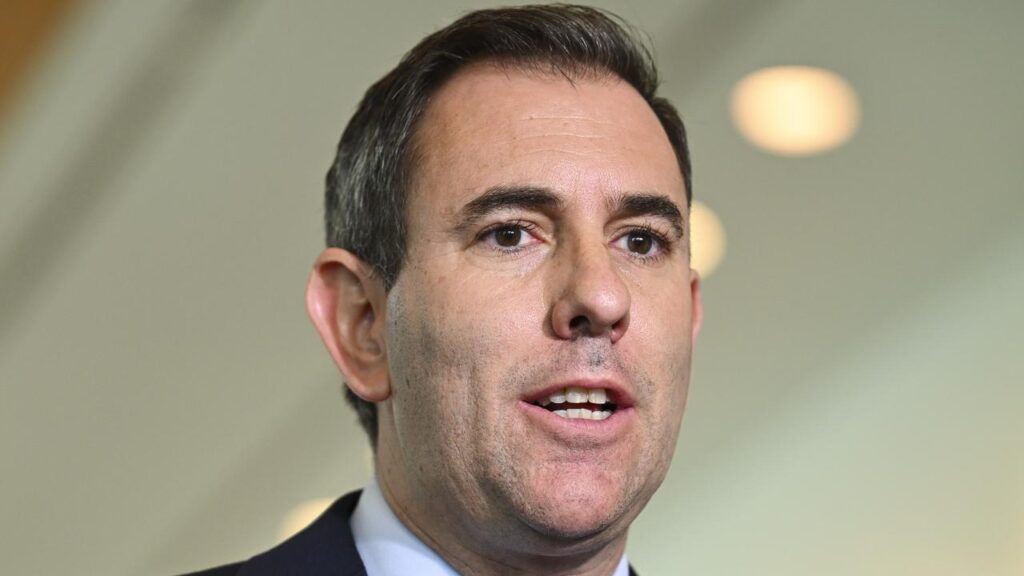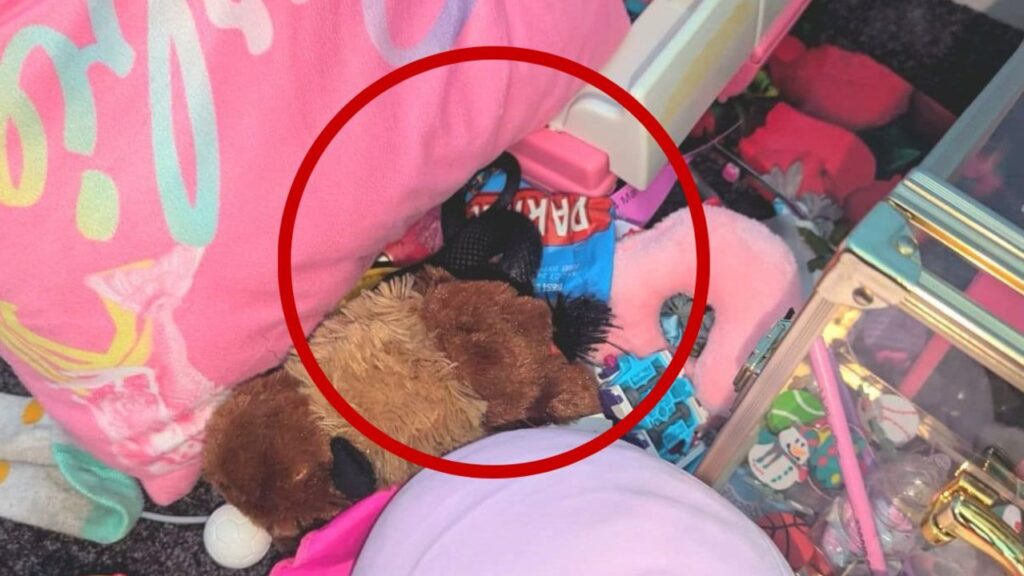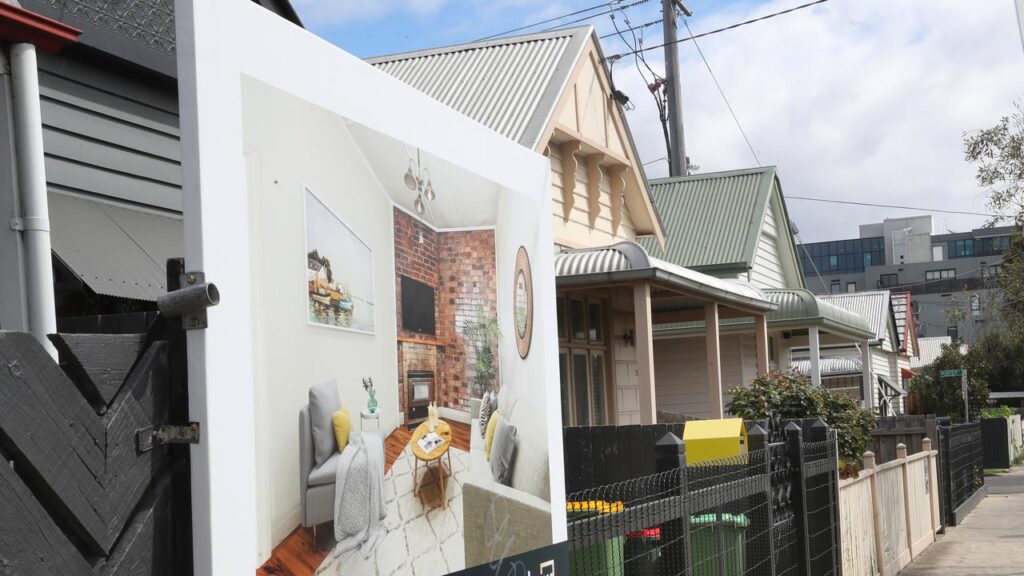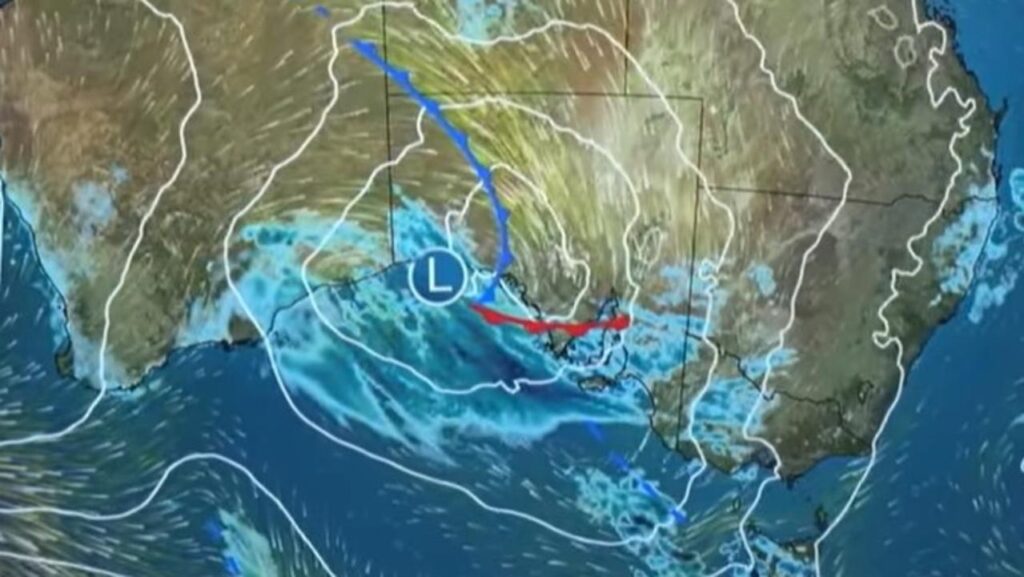American professor kicked out of Australia after telling pro-Palestine rally October 7 was a ‘good day’
Written by admin on October 17, 2024
An American law professor has been kicked out of Australia after telling a rally at a Sydney mosque October 7 was a “good day” as it had raised awareness of the Palestinians’ plight.
Arizona State University associate professor Khaled Beydoun was ordered to leave after being informed his visa would be cancelled by the Department of Home Affairs, and Minister Tony Burke has since officially revoked his visa, The Sydney Morning Herald reports.
Prof Beydoun, who has 2.5 million followers on Instagram, was one of eight headline speakers in front of a crowd of about 300 people at Lakemba Mosque in southwest Sydney earlier this month for a pro-Palestine rally marking the one-year anniversary of the October 7 attacks on Israel.
One year ago, Hamas terrorists stormed the border, murdering more than 1200 Israelis and kidnapping 240 people, around 100 of whom are still being held hostage.
Prof Beydoun told the crowd he was “feeling in a good mood today”, saying it was “not fully a day of mourning, today is also a day that marks considerable celebration, considerable progress and considerable privilege”.
“I want to talk about some good things because it’s a good day, and we’ve got to mark some of the good news that comes about that we often times neglect,” Prof Beydoun said.
“One thing that has taken place over the course of this past year that’s been unprecedented, that’s been transformative in many respects, is that the level of global literacy around what is taking place in Palestine has exponentially risen.”
Mr Burke said last week he had ordered his department to review Prof Beydoun’s visa “as soon as I heard about these comments”.
Prior to leaving Australia, Prof Beydoun was interviewed by journalist Antoinette Lattouf on The Briefing podcast, saying he often received “death threats” for speaking up for the Palestinians.
He said he refused to “perform a sort of like version of Arab or Muslim or Middle Eastern identity that is palatable to a largely white-oriented power structure”.
“So when you choose not to do that, you’re not only divesting yourself from that power structure, but you become a target,” he said.
Prof Beydoun added he had “hope and optimism” that the violence would end because “all empires fall” and “genocides have an end conclusion to them”.
“I see what’s happening right now is sort of like the last gasp of very militant Zionism trying to claim as much land as possible and the United States, sort of looking, you know, at this geopolitical sort of mirror and understanding that its role, its imperial sort of footprint in the world is diminishing,” he said.
He also said October 7 had increased awareness of the Palestinian cause, particularly among young people.
“If you were to survey an Australian or an American before this genocide, name one Palestinian, they probably couldn’t,” he said.
“Maybe you know a middle-aged person might say Yasser Arafat, right? A kid who likes hip hop might say DJ Khaled, right? But now if you survey most Australians of any age, especially younger person, they can name four or five positive right, powerful proactive role model.”
More Coverage
Hours after the October 7 attacks last year, Israel launched a military offensive that has reduced swathes of Gaza to rubble, with around 42,000 people, mostly civilians, killed there since the start of the war, according to the Hamas-run Gaza health ministry.
Since Israel started raids on Hezbollah across its northern border with Lebanon last month, at least nearly 1400 people have died, according to Lebanese health ministry figures.
Read related topics:Sydney







